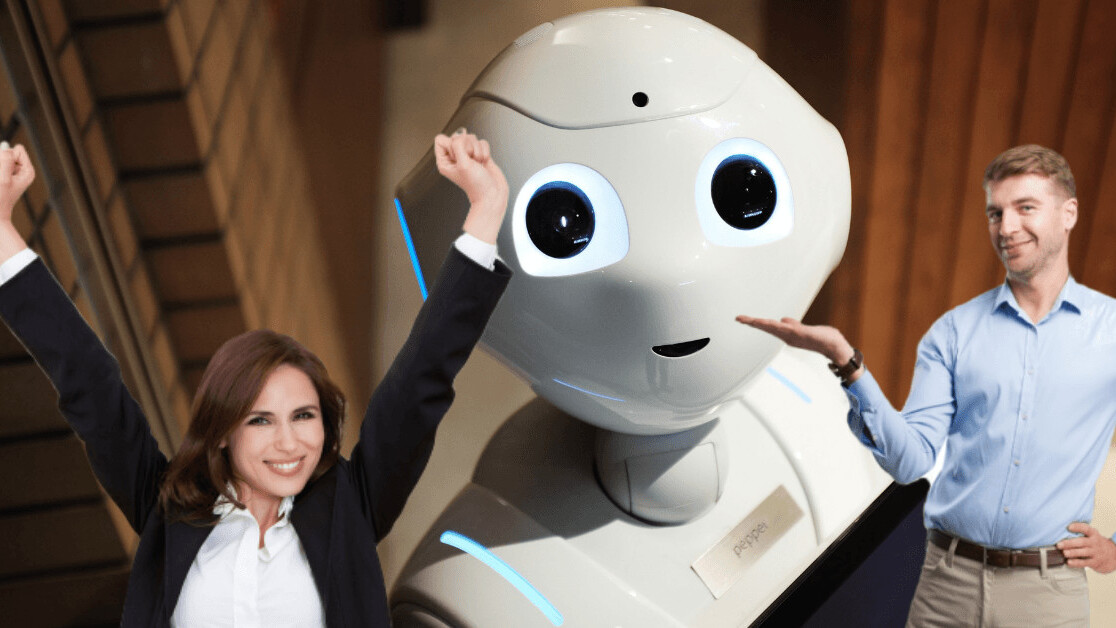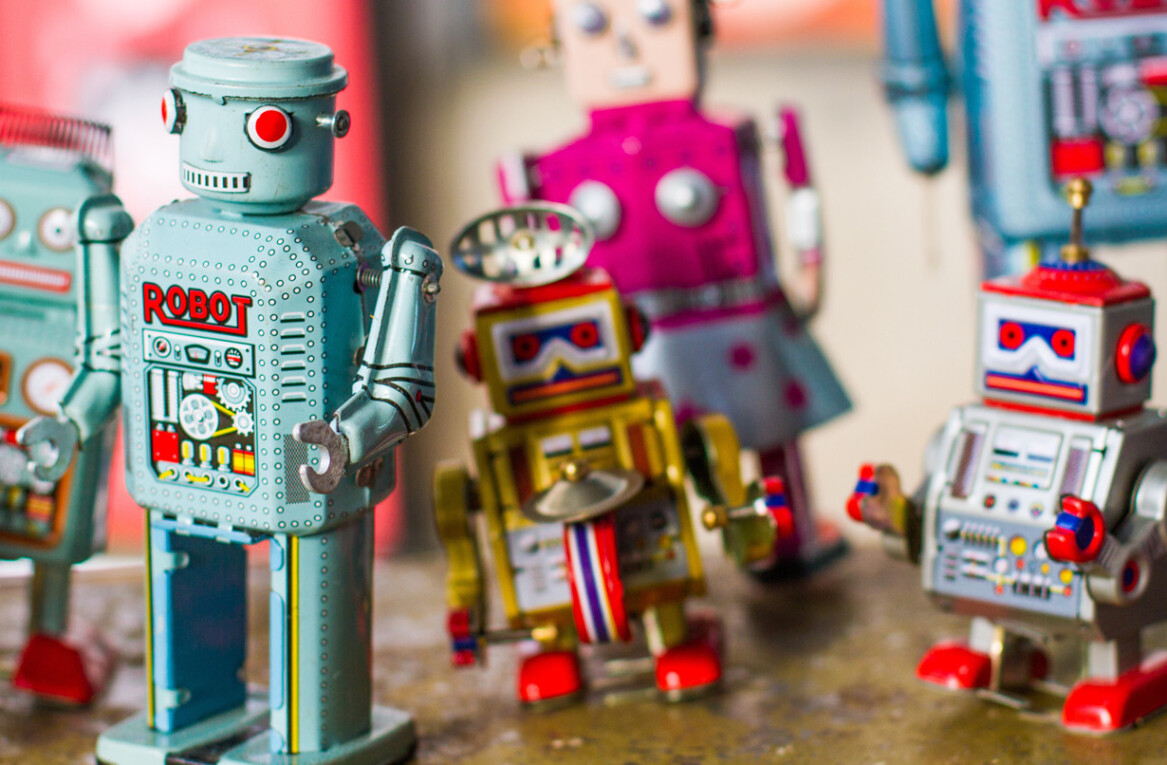
The belief that AI will displace jobs has been well countered with arguments that AI actually empowers workers to focus on higher-level thinking and creating. It’s an advantage in the workplace, not an obstruction. But there’s another, less discussed advantage of adopting AI at work. One with the potential to level the playing field for underrepresented groups at the very top levels of many corporate environments.
I see a not-too-distant future in which AI enables new voices and perspectives to emerge from within the ranks. A recent survey from Marketforce and Pega of top executives around the world supports this thinking: 76 percent of senior executives said they believe AI technologies will allow workers to make informed decisions at a more junior level, and 66 percent believe it will result in a more transparent workplace meritocracy.
More voices in the room
Take meetings, for example. Business meetings reinforce corporate hierarchies by establishing clear roles — leaders, participants and note takers — and providing a forum for unintended bias to be displayed and broadcast. AI technologies such as smart assistants can be used to restructure and democratize these meetings by capturing notes, actions items, and a real-time transcription of every word so that traditional notetakers can fully join conversations and add value instead of just serving as stenographers.
The potential result is junior employees, who tend to be responsible for administrative duties, can spend more time thinking creatively, solving problems and participating in the strategic aspects of the organization — rather than having to concentrate on typing notes.
Staying ahead of the learning curve
Another area where AI can be effective at promoting diversity and upending staid organizational structures is in training and professional development. AI-based training can not only shorten the orientation period, but also make employee development more accessible and personalized. Corporate training is also evolving to become driven by AI and automation, while data-based AI can enable customized learning programs.
As remote work surges in popularity, companies face the rising challenge of ensuring all employees feel included, heard and part of the team’s greater mission, no matter where they’re based. With new and advanced employee feedback tools, distributed workers can be brought into the organizational fold when human managers aren’t able to meet face-to-face.
Removing bias from the feedback loop
Additionally AI can improve evaluation processes and provide insight into employee satisfaction levels. Sentiment analysis tools are making it easier for companies to understand the feedback workers provide and respond to concerns that may lead to attrition.
Meanwhile, machine learning can be used to track employee goals, progress, and feedback and provide data-driven support to supplement regular evaluations and performance reviews. With these improved feedback loops, managers can keep all kinds of employees, not just those in the majority, engaged and satisfied.
In general, human resources benefits from AI by gaining access to data that adds quantitative context to human perception. A recent Marketforce survey notes 74 percent of the senior executive believe AI will become a common technology for evaluating employee performance and 72 percent believe it will be used to set appropriate employee rewards. Eventually, AI will have the potential to help human resources and managers identify who’s ready to advance and, on the flip side, employees who need more attention and coaching
At the end of the day, AI has more potential to enhance and improve human skills than to replace them. By using machine learning technologies to complete or aid with basic tasks, employees can focus on more critical responsibilities and add value with the type of high-level thinking that computers cannot contribute. AI can be a game-changer for companies whose HR, management and organizational processes are outdated.
Of course, AI still has important hurdles to overcome before it can realize its potential as a great and impartial equalizer. Algorithms need to be scrubbed for racial bias and the speech recognition accent gap must be closed.
But as more and more leaders advocate for diversity and inclusion as well as more robust training and development programs — with the help of technology — demands for AI that promote equality will be met with more innovation and supply. The result will be flatter organizations, a more diverse workforce and employees who are not only more strategic but happy.
Get the TNW newsletter
Get the most important tech news in your inbox each week.




